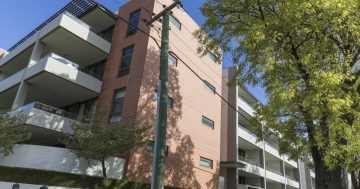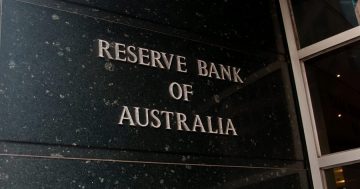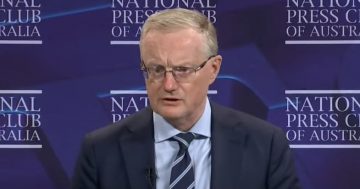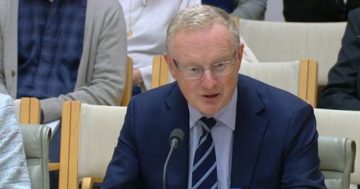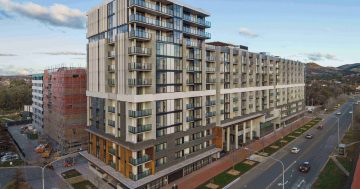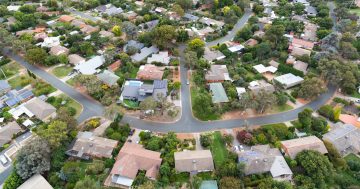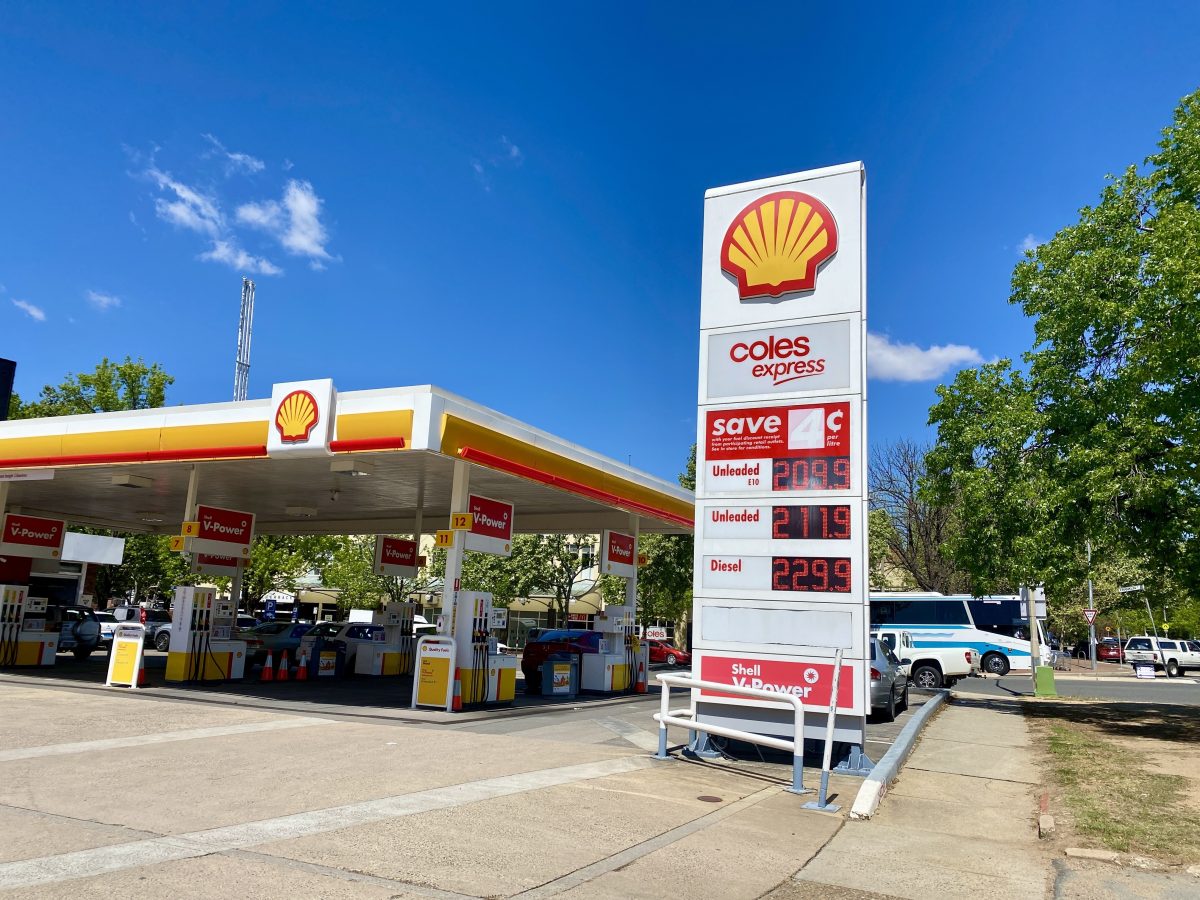
The price of fuel is burning a hole in people’s pockets. Photo: James Coleman.
Many economists seem to be betting on a Melbourne Cup day interest rate rise after inflation skipped away, if not galloped, in the September quarter.
Amid reports of a hawkish Reserve Bank Governor Michelle Bullock and the need to tighten monetary policy – that is, squeeze Australians till the pips squeak – the mood is pessimistic.
Trouble is, Aussies are already reining in their spending where they can, but there is not much they can do when it comes to filling up the car or truck, paying the rent or keeping the lights on as the latest electricity bill arrives.
The biggest contributors to the September rise were fuel, the cost of a new dwelling purchased by owner-occupiers, rents and electricity.
Lifting interest rates will have no effect on any of these things.
The biggest factor, fuel, is in the hands of the oil cartels and the latest geopolitical crisis, this time the Hamas-Israel war.
The price of new homes depends on construction costs which, as anybody who has been building a house or buying off the plan can tell you, have been going through the roof since COVID.
Rents and electricity are a couple more of those so-called non-discretionary items; that is, there is no alternative but to keep forking out if you want to keep a roof over your head and not eat by candlelight.
These unavoidable outlays are already eroding spending power and slowing the economy.
With previous interest rate rises still filtering through the economy, another rise now would risk slamming on the brakes, bringing matters to a screeching halt altogether and raising the spectre of the R word.
Many homeowners with a mortgage who are already clinging on by their fingernails might be sent over the edge, especially those coming off fixed mortgages, creating a flood of forced sales.
That sort of collateral damage in the war on inflation for next to no effect would not be in the nation’s interests, unless, of course, the Reserve Bank feels this would be a good way to bring house prices down.
The Reserve Bank continues to be a one-trick pony that will only offer pain and no gain if it insists on lifting rates on Tuesday after a five-month pause.
The government is already doing some things to mitigate prices, such as increasing rent assistance and electricity rebates, but the latest fuel spike only reinforces the need for Australia to wean itself off its oil addiction.
It should be doing more to boost the uptake of electric vehicles, such as establishing a new emission standard to attract more models to Australia and help bring down prices, and ramping up the charging infrastructure they require to engender confidence in the motoring public.
The shift to renewables may be on, bringing down the wholesale cost of electricity, but the transition needs to be faster, especially with the old coal burners going out of business.
Attacking these big-ticket cost-of-living items will make a more enduring dent in inflation than raising interest rates.
If the Reserve Bank does opt for a rate rise, confidence and certainty, two essentials for a healthy economy, will be battered.
All bets may then be off.












